



 Tech & IT
Tech & IT
 Business
Business
 Coding & Developer
Coding & Developer
 Finance & Accounting
Finance & Accounting
 Academics
Academics
 Office Applications
Office Applications
 Art & Design
Art & Design
 Marketing
Marketing
 Health & Wellness
Health & Wellness
 Sounds & Music
Sounds & Music
 Lifestyle
Lifestyle
 Photography
Photography
More Learnfly
Business Solution Become an InstructorScience systematically explores and understands the natural world through observation and experimentation. It spans disciplines like physics, biology, and chemistry, driving technological advancements and expanding our knowledge of the universe.
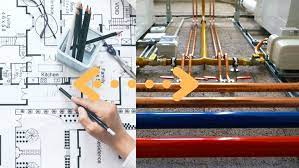
By : ExpertEase Education
Plumbing Systems Explained (Plumbing Components,Types,Schematics,Practical Plumbing E...
4.8 876
20 lectures All Level

By : Kiran Beldar
Learn Diesel Generator Systems with Mr. Kiran Beldar...
4.8 1321
1:58:45 hrs 21 lectures All Level
.jpg)
By : Naman kumar Gandhi
CURA, Slicing Software, 3D Printing , Ultimaker CURA , Additive Manufacturing, G-code...
4.5 1274
8 lectures All Level
.jpg)
By : Naman kumar Gandhi
liquid Penetrant testing, Eddy current test, Ultrasonic Testing, Radiography, Magneti...
4 856
1:35:0 hrs 24 lectures All Level
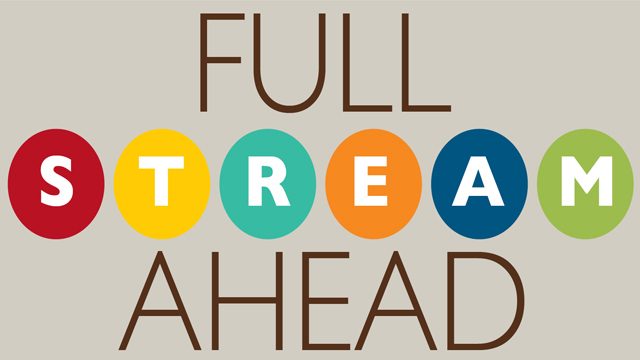
By : Nour ElAkhdar
STREAM Education Ideas...
4 911
18 lectures All Level
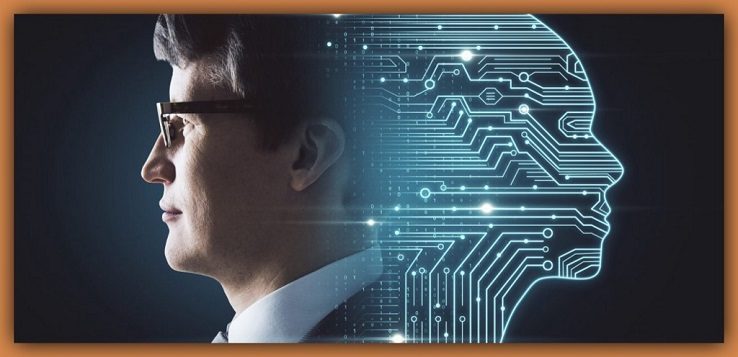
By : Nour ElAkhdar
AI and ML in Education...
4.1 879
12 lectures All Level
.png)
By : Nour ElAkhdar
Wakelet and Nearpod ...
4.6 942
19 lectures All Level

By : Nour ElAkhdar
Using Quizizz, Gimkit and Baamboozle ...
4 1160
14 lectures All Level

By : Shivkumar Iyer
Scope and opportunities in power electronics...
4.6 10175
8 lectures Beginner Level
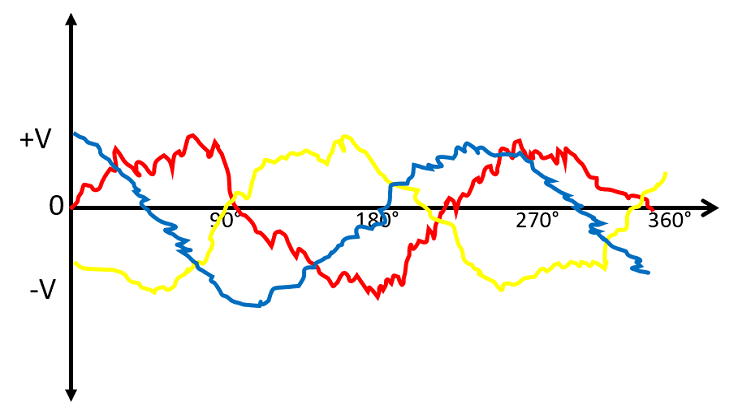
By : Krunal Shah
Learn about Power System Harmonics from scratch....
4.1 31387
1:11:25 hrs 26 lectures All Level












Learn more topics in various categories at one place. Explore unlimited courses in other categories and up-skill yourself today.

 Jazeb Akram
Jazeb Akram 4.2 771161 Beginner Level

 John Hedengren
John Hedengren 4.1 569064 All Level

 Ranjan Pandey
Ranjan Pandey 4.1 346732 All Level

 Muhammad Ahsan Pervaiz
Muhammad Ahsan Pervaiz 4.2 101339 All Level

 Pieter Vliegenthart
Pieter Vliegenthart 4.6 100919 All Level

 Jerome P.
Jerome P. 4.8 100882 All Level

 Senol Atac
Senol Atac 4.9 100094 All Level

 Vikas Munjal
Vikas Munjal 4.8 100066 Beginner Level

 Avinash A
Avinash A 4.8 100016 All Level

 ExpertEase Education
ExpertEase Education20 Lectures All Level

 Kiran Beldar
Kiran Beldar21 Lectures All Level

 Bazeer Ahamed Mohamed Nishad
Bazeer Ahamed Mohamed Nishad14 Lectures All Level
.jpg)
 Naman kumar Gandhi
Naman kumar Gandhi 8 Lectures All Level
.jpg)
 Naman kumar Gandhi
Naman kumar Gandhi 24 Lectures All Level

 Nour ElAkhdar
Nour ElAkhdar18 Lectures All Level

 Nour ElAkhdar
Nour ElAkhdar12 Lectures All Level
.png)
 Nour ElAkhdar
Nour ElAkhdar19 Lectures All Level

 Nour ElAkhdar
Nour ElAkhdar14 Lectures All Level
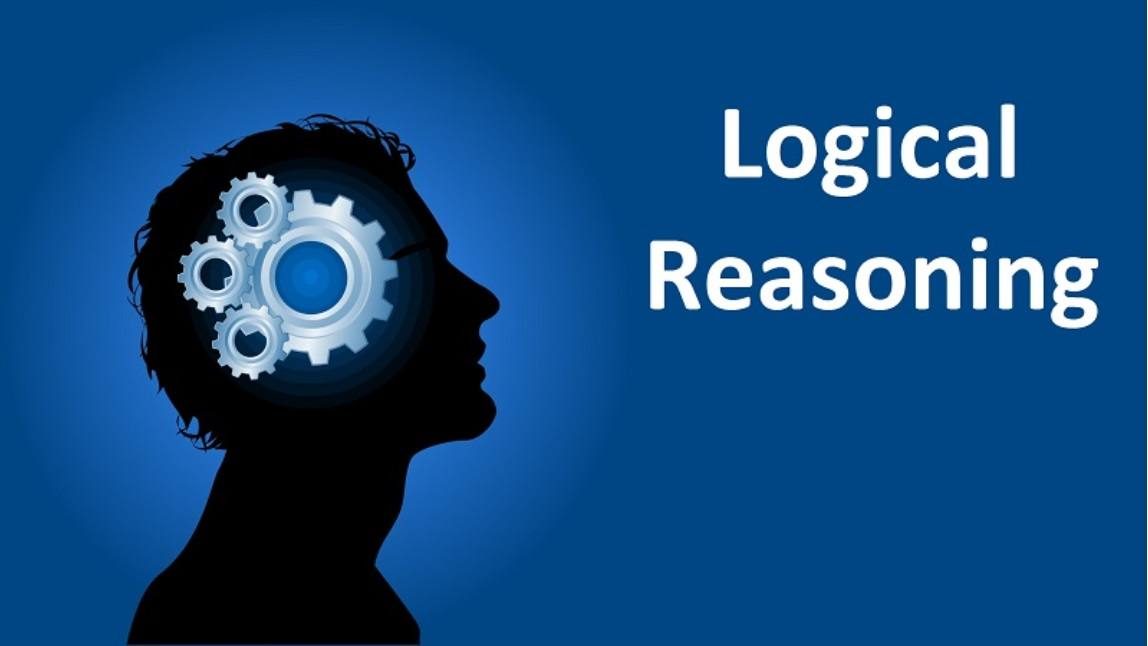
 Dr. Kiran Derle
Dr. Kiran Derle29 Lectures All Level
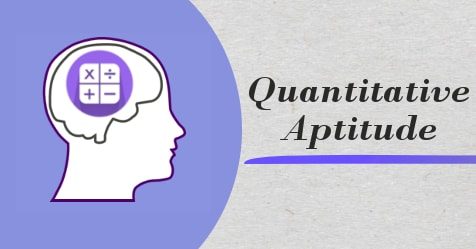
 Dr. Kiran Derle
Dr. Kiran Derle55 Lectures All Level

 Shivkumar Iyer
Shivkumar Iyer8 Lectures All Level

 Edu Mark India
Edu Mark India30 Lectures All Level

 MUSTAFA VARICI
MUSTAFA VARICI80 Lectures All Level
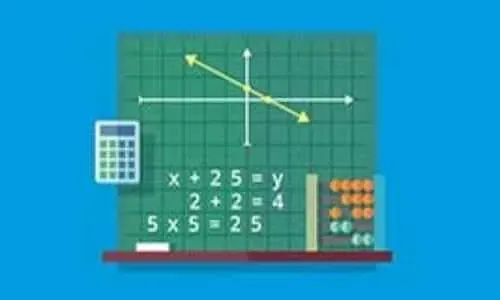
 MUSTAFA VARICI
MUSTAFA VARICI58 Lectures All Level

 Gilad James, PhD
Gilad James, PhD31 Lectures All Level
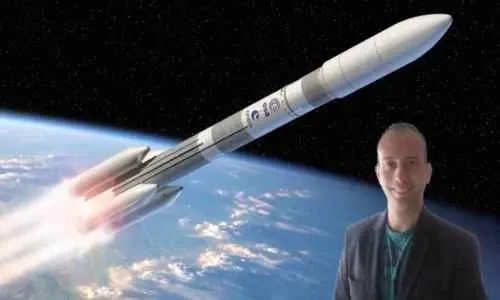
 Gilad James, PhD
Gilad James, PhD17 Lectures All Level

 MUSTAFA VARICI
MUSTAFA VARICI76 Lectures All Level

 Krunal Shah
Krunal Shah26 Lectures All Level

 John Peterson
John Peterson6 Lectures All Level
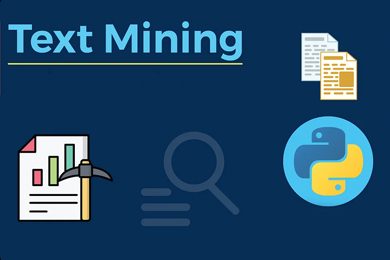
 Taimor Khan
Taimor Khan68 Lectures All Level
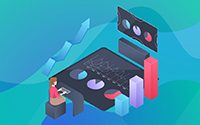
 Sumit Saha (Ph.D)
Sumit Saha (Ph.D)105 Lectures All Level
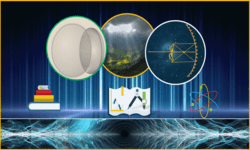
 Dwijaraja Gore
Dwijaraja Gore17 Lectures All Level

 Steve Liguori
Steve Liguori25 Lectures All Level
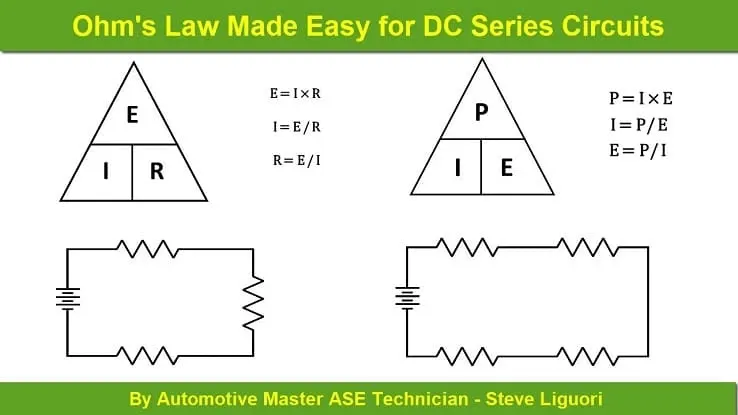
 Steve Liguori
Steve Liguori25 Lectures All Level

 Salih Zinaty
Salih Zinaty66 Lectures All Level
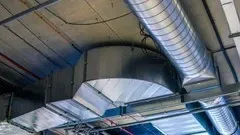
 Elite Education
Elite Education6 Lectures All Level
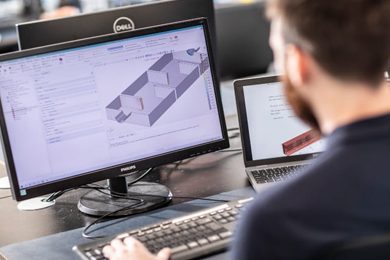
 Ziad Baraka
Ziad Baraka33 Lectures All Level
Science is a systematic enterprise that builds and organizes knowledge in the form of testable explanations and predictions about the universe. It involves the observation of natural phenomena, experimentation, and the formulation of theories to understand and explain the workings of the physical and natural world.
Science is crucial for advancing human understanding, solving problems, and making informed decisions. It drives technological innovations, contributes to medical breakthroughs, and addresses environmental challenges. Science provides the foundation for evidence-based decision-making in various fields.
Main branches include physical sciences (physics and chemistry), life sciences (biology), earth sciences (geology), and social sciences (psychology, sociology). Each branch focuses on specific aspects of the natural world and human behavior.
The scientific method involves making observations, formulating a hypothesis, conducting experiments, collecting data, and analyzing results. The process is iterative, with the goal of refining and improving our understanding of natural phenomena through evidence-based reasoning.
Technology has greatly accelerated scientific progress by providing advanced tools for observation, experimentation, and data analysis. Technologies such as microscopes, telescopes, and computational models have revolutionized scientific research across various disciplines.





